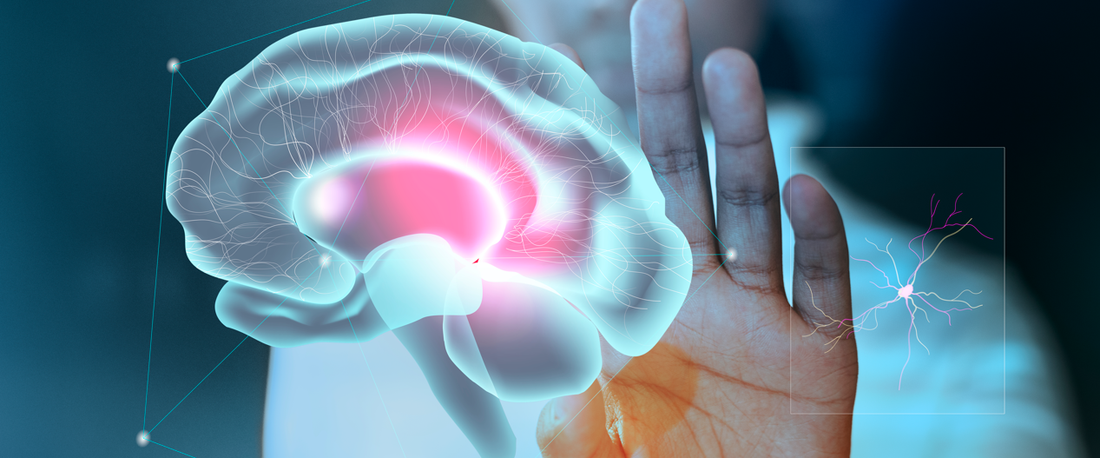Exercise has long been championed for its myriad benefits for the body, from improving cardiovascular health to boosting strength and flexibility. However, its effects extend far beyond physical fitness, profoundly influencing the health and function of the brain. Let's unravel the intricate relationship between exercise and brain health, exploring how regular physical activity contributes to cognitive function, emotional well-being, and overall brain vitality.
Enhancing Cognitive Function:
Numerous studies have demonstrated the positive impact of exercise on cognitive function, including memory, attention, and executive function. Engaging in regular aerobic exercise, such as running, swimming, or cycling, promotes the growth of new neurons and increases blood flow to the brain, leading to enhanced cognitive performance and sharper mental acuity.
Promoting Neuroplasticity:
Exercise has the remarkable ability to stimulate neuroplasticity, the brain's capacity to adapt and reorganize in response to new experiences and challenges. Through mechanisms such as increased production of brain-derived neurotrophic factor (BDNF), exercise fosters the growth of new neural connections and strengthens existing ones, enhancing learning, memory, and overall cognitive function.
Boosting Mood and Mental Health:
Physical activity is a potent mood booster, with regular exercise shown to reduce symptoms of depression, anxiety, and stress. Exercise stimulates the release of endorphins, the body's natural feel-good chemicals, promoting feelings of happiness and well-being. Additionally, the social interaction and sense of accomplishment that often accompany exercise contribute to improved mental health and resilience.
Reducing Risk of Cognitive Decline:
Engaging in regular exercise may lower the risk of age-related cognitive decline and neurodegenerative diseases such as Alzheimer's disease and dementia. Studies have found that individuals who are physically active throughout their lives experience slower cognitive decline and may have a reduced risk of developing cognitive impairments later in life.
Improving Sleep Quality:
Quality sleep is essential for brain health, and exercise plays a crucial role in promoting restful sleep. Physical activity helps regulate circadian rhythms and reduce insomnia symptoms, leading to improved sleep quality and cognitive function. Establishing a regular exercise routine can contribute to better sleep patterns and overall brain vitality.
The relationship between exercise and brain health is undeniable, with physical activity exerting a profound influence on cognitive function, emotional well-being, and overall brain vitality. Whether you prefer brisk walks, yoga sessions, or strength training workouts, incorporating regular exercise into your routine is a powerful strategy for optimizing brain health and enhancing quality of life.




